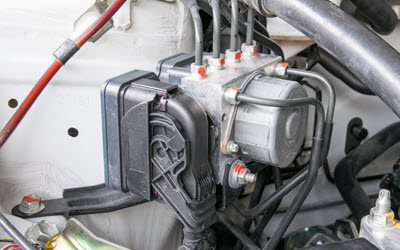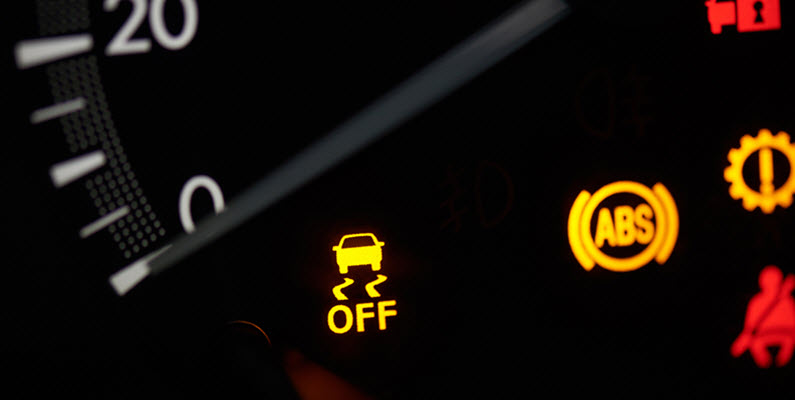Jaguars are the vehicle of choice when looking for the perfect combination of sport and luxury. After nearly 100 years in business, the British brand continues to appeal to new and loyal car owners alike. Models range from the classic XJ, which has been in production for nearly fifty years, to recent excursions into electric SUVs and many options in between.
For all this impressive history and pedigree, it is still a car with it’s own unique upkeep requirements. One important issue not to be overlooked is the ABS Accumulator. It is vital that this system be operating perfectly, because it is the safety precaution for when you need to brake quickly, such as when an animal decides to cross the highway at the last minute.
The Importance of Your ABS System
With the modernization of car technology, it is safer than ever to hit the road. Jaguars are equipped with a system that harnesses pressure built up while driving, and it saves this for when you need to make a stop in a hurry.
While driving, the ABS accumulator collects pressure from the electric pump. This pressure is stored through the use of a diaphragm that contains hydraulic fluid on one side, and typically nitrogen on the other.
Due to the important job this part plays, it is important to keep an eye on its condition. Like many other aspects of car maintenance, preventative care is the best approach. By monitoring the regular brake performance while driving, it is easy to spot if the ABS accumulator has dropped in pressure and it is time for a professional to take a look. This should be very obvious, as the driver will be used to a properly functioning system that gives push back when pressure is applied. If the pedal is pushed down and there is an immediate give or lack of pressure, chances are it’s time for maintenance.
Why does an ABS system fail?
There are a few common issues for ABS system and accumulator problems, that can be signs yours is leaking or malfunctioning. The earlier an issue is identified, the lower your risk of sustaining further damage to the rest of your vehicle.
- Diaphragm failure: Unfortunately, the diaphragm is both an integral part of the whole operation, and one of the more fragile parts. The diaphragm is a rubber separator that keeps hydraulic fluid and pressurized nitrogen gas where they should remain contained, and most importantly, stops the two from mixing. If the diaphragm is damaged or even beginning to wear out, it should be obvious, because you will notice a feeling of decreased pressure immediately.
- Pump seal damage. If the pump seal is damaged it will almost certainly begin leaking fluid. The way power is built up to create effective emergency stopping is by constantly having the pump pressurized. Similar to a damaged diaphragm, it will be evident that the seal is leaking or damaged because decreased pressure will be felt in the brake pedal.
- Nitrogen pressure drop: If the nitrogen inside the pump is no longer pressurized, it will also decrease the pressure throughout the entire system. If it feels like something has changed in performance, it is important not to ignore the issue, because proper brake pressure equates directly to the safety of operating the vehicle.
European Motor Cars is Here for You and your Jaguar
Ideally, during routine maintenance and inspection,  issues will be found far before it is a problem. With a drop in performance being the first sign of a potential problem, the good news is that this regular maintenance can easily stem the issue by spotting these small problems before they become big ones.
issues will be found far before it is a problem. With a drop in performance being the first sign of a potential problem, the good news is that this regular maintenance can easily stem the issue by spotting these small problems before they become big ones.
Bringing your Jaguar to a certified mechanic will ensure your ABS accumulator system is operating smoothly and there are no leaks damaging your vehicle.
At European Motor Cars, we have you covered to make sure your Jaguar keeps running the way it should. We specialize in European makes and models and are well-versed in the intricacies of these unique needs. Your vehicle will be inspected and repaired by expert mechanics who enjoy caring for your European car. Call or stop by our convenient location in Las Vegas to speak with our certified technicians today.
 3440 Spring Mountain Rd, Las Vegas, NV 89102
3440 Spring Mountain Rd, Las Vegas, NV 89102 (702) 367-7140
(702) 367-7140







